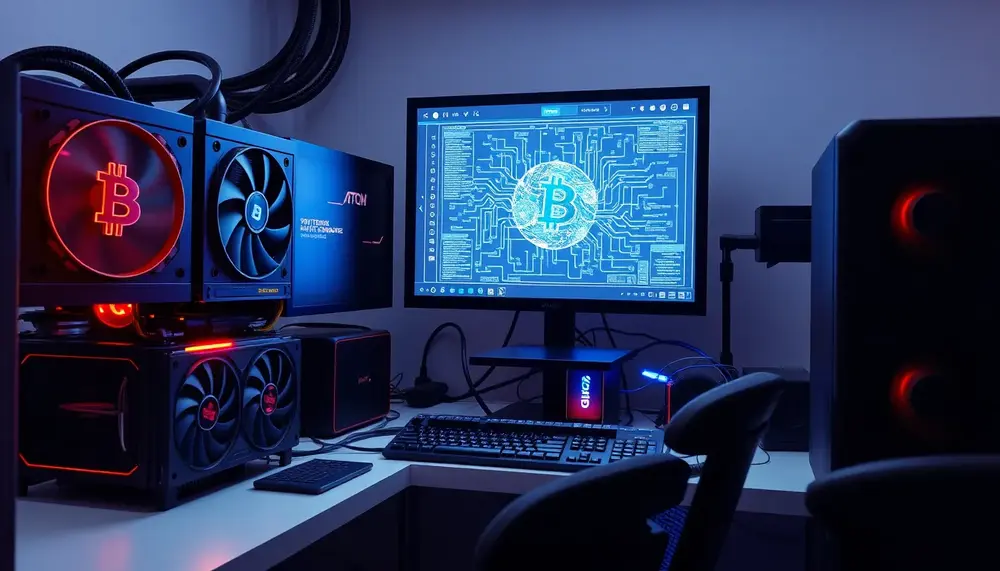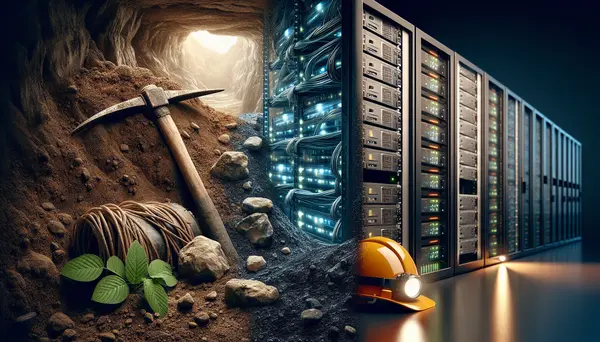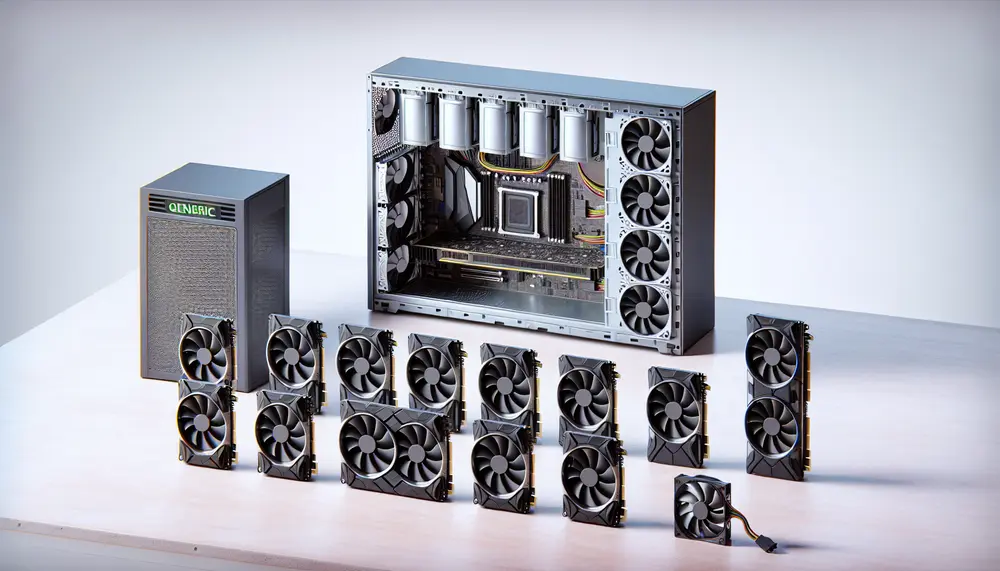Digital ledger
Digital ledger
Understanding the workings of Bitcoin and the crypto-sphere at large isn't entirely possible without acknowledging the significance of a Digital Ledger. This concept is a fundamental pillar of the digital currency realm, including Bitcoin mining. But what exactly is a digital ledger? Let's dig deeper and shatter the complexity surrounding this topic.
A Brief Overview: What is a Digital Ledger?
A digital ledger is an online database which records transactions across many computers so that any involved record has a corresponding digitized transaction. With this, transactions become traceable, transparent, and extremely resistant to alterations or interference. This concept plays a vital role in ensuring the smooth running of the digital currency space, where peer-to-peer transactions are prevalent.
The Relation between Digital Ledger and Bitcoin Mining
In the context of Bitcoin mining, a digital ledger is a fundamental component. Bitcoin mining is all about solving complex problems to validate transactions. Once miners solve these problems, new transactions are added to the digital ledger, also known as the blockchain. This process ensures all Bitcoin transactions remain transparent and tamper-proof.
Why Digital Ledger Holds Importance
The digital ledger serves several critical functions in Bitcoin mining. It maintains and secures transaction data, leaving no chance for fraudulent transactions or double-spending. Additionally, it prevents alterations as any change to a transaction record demands a large amount of computational power, making fraud highly unlikely.
A Practical Example of Digital Ledger in Bitcoin Mining
Let's put this into a more tangible scenario. Imagine, John wants to send 2 Bitcoins to Kate. John’s transaction is grouped in a block with others. Bitcoin miners then process the block, verifying all the transactions, including John’s. Once verified, the block is added to the digital ledger, finalizing John’s transaction. This is the basic work mechanism of Bitcoin mining using a digital ledger.
Final Thoughts on Digital Ledger
In essence, understanding the digital ledger is integral to grasping Bitcoin mining. It's an underpinning basis of the cryptocurrency world, bolstering the security and transparency of all transactions. As the crypto-space continues to evolve, the importance and use of digital ledgers are likely to become even more significant and widespread.
Blog Posts with the term: Digital ledger

Qatar is emerging as a potential hub for crypto mining, leveraging its natural gas reserves and sustainable energy initiatives to offer cost-effective power solutions while developing legal frameworks to regulate the industry. Challenges include regulatory clarity, environmental sustainability, infrastructure scaling,...

Bitcoin mining is the process of adding new transactions to the Bitcoin blockchain by solving complex puzzles, which ensures transaction verification and network security while rewarding miners with Bitcoins. Miners play a crucial role in maintaining the integrity of the...

Crypto mining focuses on maintaining cryptocurrency networks by solving puzzles for rewards, while data mining extracts insights from vast datasets to drive informed decisions; both are essential but serve distinct purposes....

The article introduces beginners to home Bitcoin mining, emphasizing starting with altcoins due to lower equipment requirements and suggesting joining a mining pool for better success chances. It covers the basics of cryptocurrency mining, choosing appropriate hardware like GPUs or...

Crypto mining is the process of using powerful computers to solve complex puzzles, validating transactions on a blockchain and ensuring security and decentralization; it involves competition among miners who are rewarded with new cryptocurrency coins for their efforts. This essential...

Cryptocurrency mining involves validating blockchain transactions using specialized rigs, which are essentially customized PCs with hardware and software designed for complex calculations. Mining requires significant investment in equipment and energy, has evolved from CPU to GPU and ASIC-based methods, can...

Bitcoin mining is the process of creating new bitcoins by solving complex mathematical equations, and the profitability of mining is determined by the returns from mining operations after factoring in costs such as hardware, electricity, and cooling. Factors that affect...

Dash is a digital currency that operates on a blockchain network, with transactions verified and added to the chain through mining. The process involves solving complex mathematical problems using significant computational power; successful miners add new blocks to the blockchain...

Bitcoin mining is the process where powerful computers solve cryptographic puzzles to validate transactions on the blockchain, rewarding miners with new bitcoins while ensuring network security and integrity. This high-stakes digital race involves key components like hash functions, nonces, target...

Crypto miners must report and pay taxes on their mining rewards, treating them as income based on the fair market value at receipt. Detailed record-keeping of mining rewards, expenses, and sales is crucial for tax compliance and potential deductions. Understanding crypto...

Cryptocurrency mining involves using computers to solve complex puzzles, ensuring secure and accurate transaction records on the blockchain, with miners rewarded in cryptocurrency. Various techniques like solo, pool, cloud, CPU, and GPU mining offer different strategies based on resources and...

Bitcoin mining involves validating transactions on the Bitcoin network and adding them to the blockchain. Graphics Processing Units (GPUs) are favored for this process due to their ability to handle multiple tasks simultaneously, speed, and energy efficiency. Choosing the right...

Crypto mining is the process of validating transactions on a blockchain network using powerful computers to solve complex mathematical problems, which secures the network and introduces new coins into circulation. Miners can choose between solo mining, where they keep all...

Cryptocurrency mining is the process that validates transactions and secures digital currencies by solving complex puzzles to add blocks to a blockchain, rewarding miners with coins. Mining difficulty adjusts dynamically to maintain a steady pace of block creation, requiring miners...

